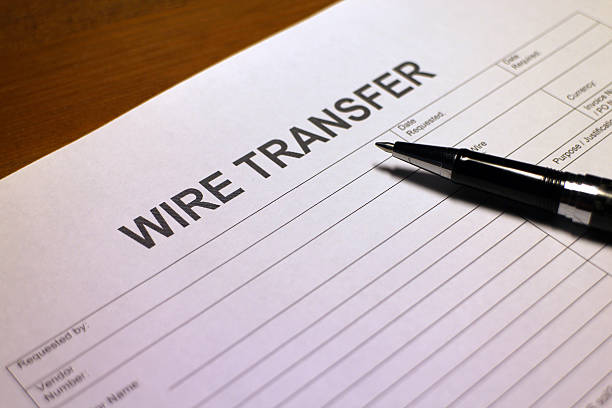A routing number, also known as the American Bankers Association (ABA) number, is a unique nine-digit code assigned to each financial institution in the United States. This number serves two primary purposes:
Identifying Your Bank: The routing number identifies your bank or credit union, ensuring that funds are directed to the correct financial institution when you initiate transactions like direct deposits or wire transfers.
Routing Domestic Transactions: Routing numbers are primarily used for routing domestic transactions within the United States, such as Automated Clearing House (ACH) transfers and electronic funds transfers (EFTs).
Now, let's explore the methods for finding your bank's routing number:
1. Check Your Bank's Website
Most banks provide their routing numbers on their official websites. To locate your bank's routing number, follow these steps:
Visit your bank's website.
Log in to your online banking account (if applicable).
Look for a section that provides essential account information or FAQs.
Search for the routing number associated with your specific branch or account.
2. Check Your Bank Statement
Your bank's routing number can often be found on your bank statement. Here's how to locate it:
Retrieve a recent bank statement, either in paper or digital format.
Look for the section that displays your account details.
The routing number should be listed along with your account number and other relevant information.
3. Contact Your Bank
If you're unable to find your bank's routing number using the above methods, the most direct approach is to contact your bank's customer service. They will be able to provide you with the routing number associated with your specific account and branch. You can usually find the customer service phone number on the back of your debit card or on your bank's website.
4. Use Online Resources
Several online resources and databases provide routing number information for various banks and credit unions. Websites like RoutingNumbers.info or the official website of the American Bankers Association (ABA) can help you find your bank's routing number.
5. Ask a Bank Teller
If you prefer an in-person approach, visit your nearest bank branch and speak with a bank teller. They can provide you with the routing number specific to your account.
Conclusion
Your bank's routing number is a vital piece of information necessary for various financial transactions. Whether you're setting up direct deposits, receiving payments, or initiating wire transfers, knowing how to find your bank's routing number is essential. Utilize the methods mentioned in this blog post to quickly locate this crucial identifier and streamline your financial transactions with ease.
Frequently asked questions (FAQs) about international bank routing codes




